In Ancient Greece, peas were the staple food of ordinary people. Later on, Europeans considered them a delicacy, prepared dishes from them for the royal table.
Today, they are used in pea soups, dishes, added to side dishes and salads (for example, everyone's favorite Russian salad). Let's find out what the benefits of peas are for the human body and how to store them properly.
Chemical composition and nutritional value of peas
The calorie content of fresh green peas is 81 kcal and of peas in the form of cereals is 298 kcal.
Nutritional value of 100 g of fresh peas: protein - 5.0 g, fat - 0.2 g, carbohydrates - 8.3 g Nutritional value of 100 g of peas, for cereals: protein - 20.5 g, fat - 2 g, carbohydrates - 49.5 g.
In terms of protein content, this product can easily be compared to meat. The high amount of carbohydrates makes it an excellent energy drink.
What are the vitamins in peas?
Vitamin A
It ensures rapid tissue regeneration, supports the hormonal system and has a positive effect on the condition of the skin;
Carotene (provitamin A) - helps strengthen the bone system and tooth enamel, improves vision;
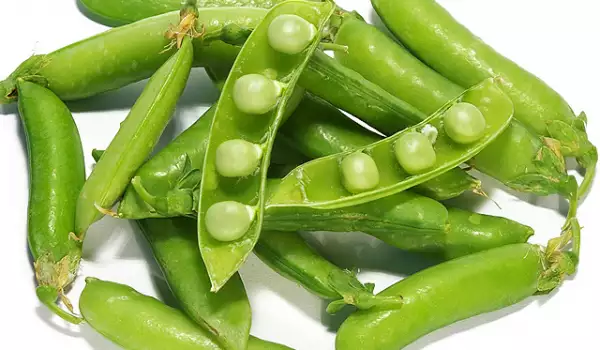
Vitamin C
Strengthens the human immune system, has a beneficial effect on the nervous system and the protective functions of tissues from the action of free radicals;
Vitamin B-complex
Vitamins of group B (pyridoxine, thiamin, riboflavin, folacin) - thanks to these vitamins, metabolic processes are improved, cell aging is slowed down.
Peas contain an extensive cocktail of many trace elements: iodine, fluorine, zinc, selenium, manganese, nickel, cobalt, copper, molybdenum, iron, chromium, silicon, vanadium, titanium, tin, zirconium, aluminum, strontium. This contributes to supplying the body with energy, a person more easily tolerates physical activity, active brain functions.
There are also benefits in pea pods. They are a source of chlorophyll, vitamins H, E, PP. It contains many macroelements: calcium, potassium, magnesium, sodium, phosphorus, chlorine and sulfur.
The benefits of peas
Peas, both fresh and in the form of cooked foods, have a diuretic, choleretic and laxative effect, thus contributing to the removal of excess fluid. Therefore, it is recommended for people with diseases of the liver, kidneys, heart and those who suffer from hypertension. Potassium supports the functions of the heart muscle, along with magnesium and calcium, it maintains blood pressure within normal limits.
Regular consumption of peas helps normalize fat metabolism and reduces fat accumulation in the liver. Thanks to the slow absorption in the intestines, it prevents the formation of harmful cholesterol in the blood. Low glycemic index (fresh peas - 50 units, dry - 25) normalizes blood sugar levels. Thanks to the content of inositol, it is an excellent antisclerotic and lipotropic substance.
Peas are healthy because they remove free radicals from the human body, which provoke the development of cancer.
Due to its low calorie content, they are recommended for overweight people and dieters.
A few peas before a meal will relieve heartburn.
Harms from peas

Peas contain purines (substances that increase the content of uric acid and accumulate salts of this acid (urates) in the joints), so it is not recommended for regular use by the elderly and patients with gout.
Care should be taken with the diet for those who have acute nephritis and active phases of exacerbation of gastrointestinal diseases, such as cholecystitis, thrombophlebitis or ulcer.
This product causes bloating (due to a fairly high concentration of sugars and coarse fibers), so it should not be used by pregnant women and during breastfeeding, in combination with the large size of the uterus, it can increase intra-abdominal pressure.
Pea Storage
Peas when bought should be hard, of the same size and the surface itself should be smooth.
It is necessary to take into account the color when buying them. Quality peas have a solid color, without spots, damage, plaques and dirt. Choose a mixture of peas without foreign particles, without signs of moisture and condensation.
The method of storage depends on the type of peas. Dry peas cannot be stored in the refrigerator, but you can safely store green peas in the freezer.
If you like peas, we recommend trying our recipes for:
- pea stew;
- or vegan peas;
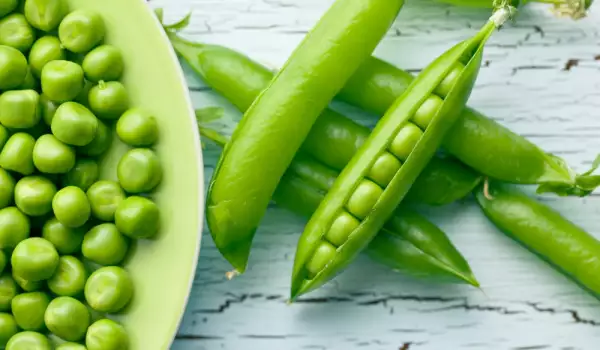
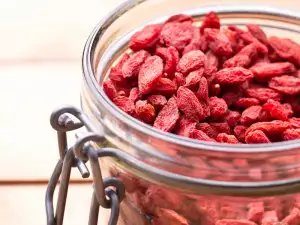
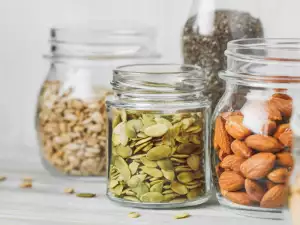

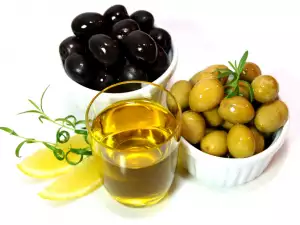

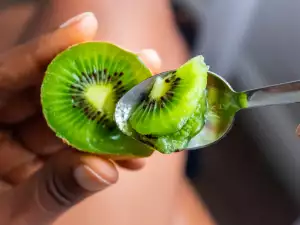


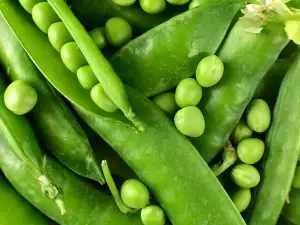
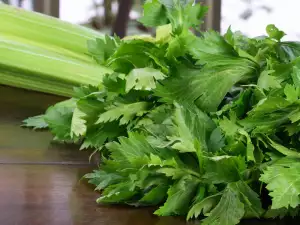









Comments